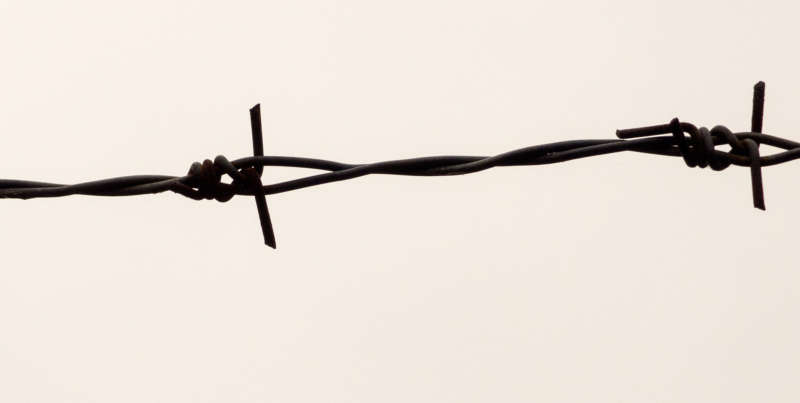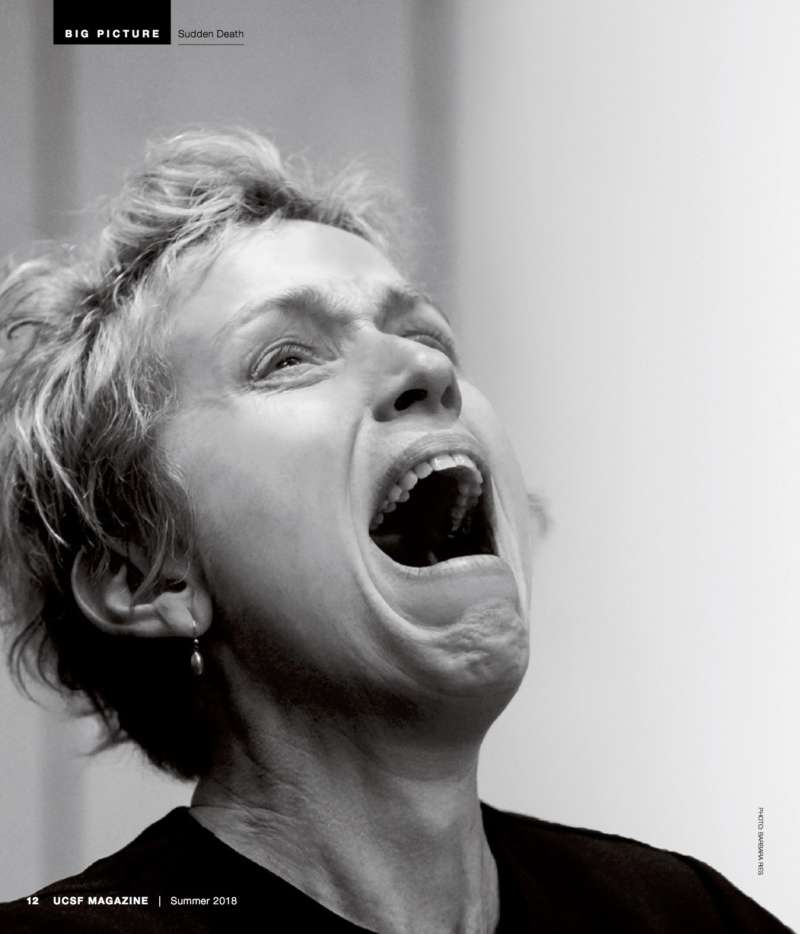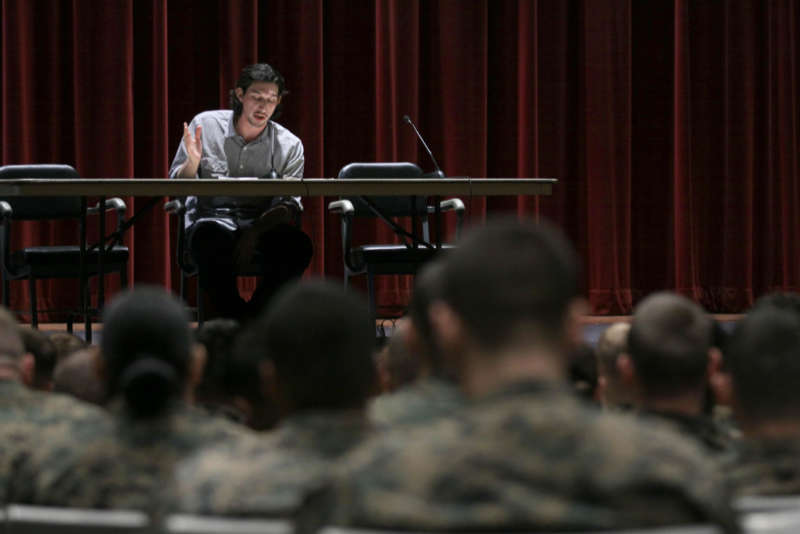Open to Public
American Correctional Association Conference
Tue, Aug 03.2010
About the play
-
Prometheus Bound by Aeschylus
Aeschylus’ Prometheus Bound is a play about a god who is imprisoned for stealing fire from the gods and giving it to humans. The incarcerated Prometheus admits that he willfully committed a crime and is sentenced for his actions. He is placed in extreme isolation at the end of the earth for the rest of time. Over the course of the play, Prometheus is visited by a number of characters, including friends and family. Each of these characters attempts to impart advice upon Prometheus about how he can lessen his sentence and increase his chances of being released. Increasingly enraged by each exchange, Prometheus, over the course of the play, shuts down, refusing to accept help or advice from anyone, and spends the final moments of the play shaking his fist at the sky, willfully provoking a far worse punishment than isolation.
Explore Projects
-
 GenocideThe Investigation
GenocideThe InvestigationTheater of War Productions and the Museum of Jewish Heritage, in partnership with the National Yiddish Theatre Folksbiene, present readings of scenes Peter Weiss' play The Investigation, a piece of documentary theater adapted from the Frankfurt Auschwitz Trials of 1963-1965. This project centers on guided discussions about mass murder and its lasting impact upon individuals, families, communities, and countries throughout the world. Performed by a diverse cast, including international performers from communities affected by genocide, The Investigation seeks to generate powerful dialogue across cultures and communities about the human capacity for evil, as well as the systems and hierarchies that create the conditions for unthinkable violence.
-
 Caregiving & DeathEnd of Life
Caregiving & DeathEnd of LifeEnd of Life presents readings of ancient Greek plays in public settings and medical communities as a catalyst for facilitated discussions about challenges faced by patients, families, and health professionals today around end of life care. This unique, participatory event is intended to promote powerful, open discussion among diverse communities - public and professional - fostering compassion, cooperation, and understanding about living with chronic suffering and the mortality we all share.
-
 Addiction & Substance AbuseRum and Vodka
Addiction & Substance AbuseRum and VodkaThis project presents a one-man Irish play about a 24-year-old whose life is coming apart, due to drinking, in order to provoke discussions about alcoholism and addiction within diverse communities.